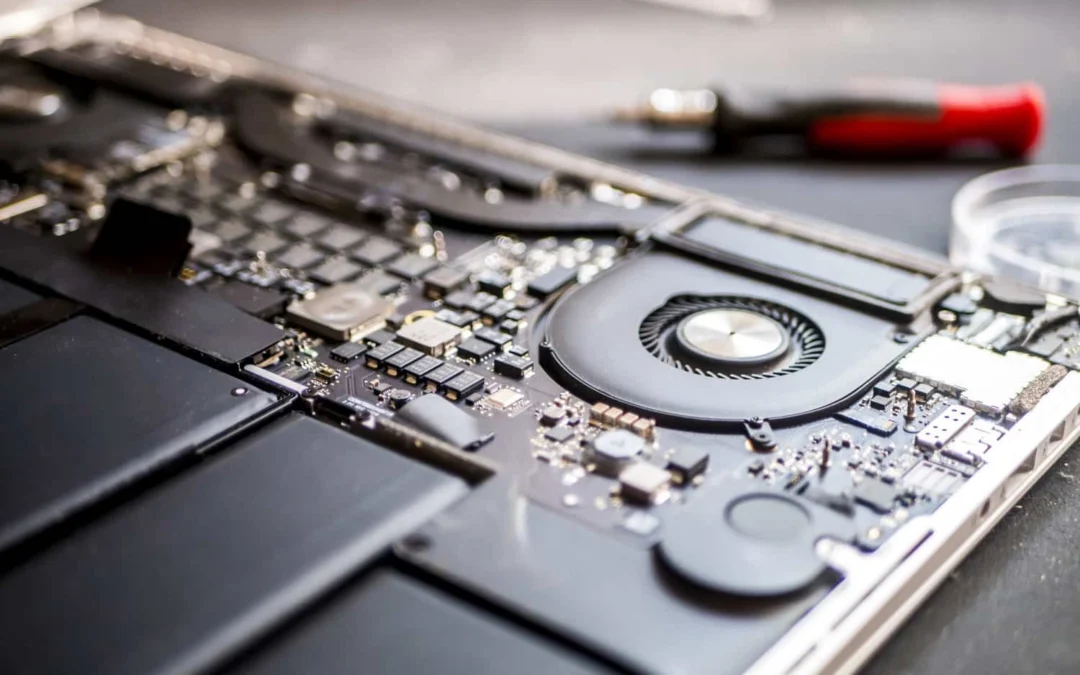Apple’s approach to MacBook repairs has drawn criticism for prioritizing profit over consumer rights and environmental sustainability. A notable example is the company’s practice of replacing entire logic boards instead of addressing minor issues that could be resolved with inexpensive components.
The Logic Board Replacement Controversy
Users have reported instances where Apple diagnosed minor issues as logic board failures, leading to costly replacements. For example, a user was quoted $700 for a logic board replacement on a MacBook Pro M1, despite the device being only 1.5 years old and showing no signs of physical or liquid damage.
Similarly, another user faced a $600 repair bill for a logic board replacement on a MacBook Air M1, which was nearly the cost of a new device. These instances suggest that Apple may be opting for expensive replacements rather than exploring more affordable repair options.
The Right to Repair Issue
Apple’s repair policies also hinder the right to repair movement. The company restricts access to essential parts and repair manuals, making it difficult for third-party technicians to perform repairs. This lack of access forces consumers to rely on Apple’s services, often at inflated prices, and contributes to unnecessary electronic waste.
Environmental Impact
The practice of replacing entire logic boards instead of repairing minor issues leads to increased electronic waste. Devices that could have been repaired are discarded, contributing to environmental degradation. Advocates for the right to repair argue that component-level repairs are more sustainable and should be encouraged to reduce e-waste.
Conclusion
Apple’s repair policies raise concerns about consumer rights and environmental responsibility. By prioritizing costly replacements over affordable repairs and restricting access to essential repair resources, the company limits consumers’ ability to maintain and extend the life of their devices. This approach not only affects consumers financially but also contributes to the growing problem of electronic waste.
Consumers seeking affordable and sustainable repair options may consider third-party repair services that offer component-level repairs, which can be more cost-effective and environmentally friendly. Additionally, supporting legislation that promotes the right to repair can help ensure that consumers have the resources and freedom to maintain their devices.


This is a real victory for accessibility and dignity. No one should have to wait months to fix essential mobility…
Throwing away millions of working PCs isn’t innovation, it’s waste. Microsoft needs to rethink its upgrade strategy.
I understand companies want recurring revenue, but pushing ads on high-end appliances feels like crossing a line. Customers paying premium…